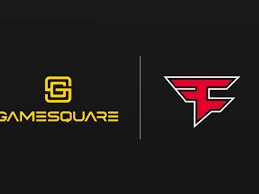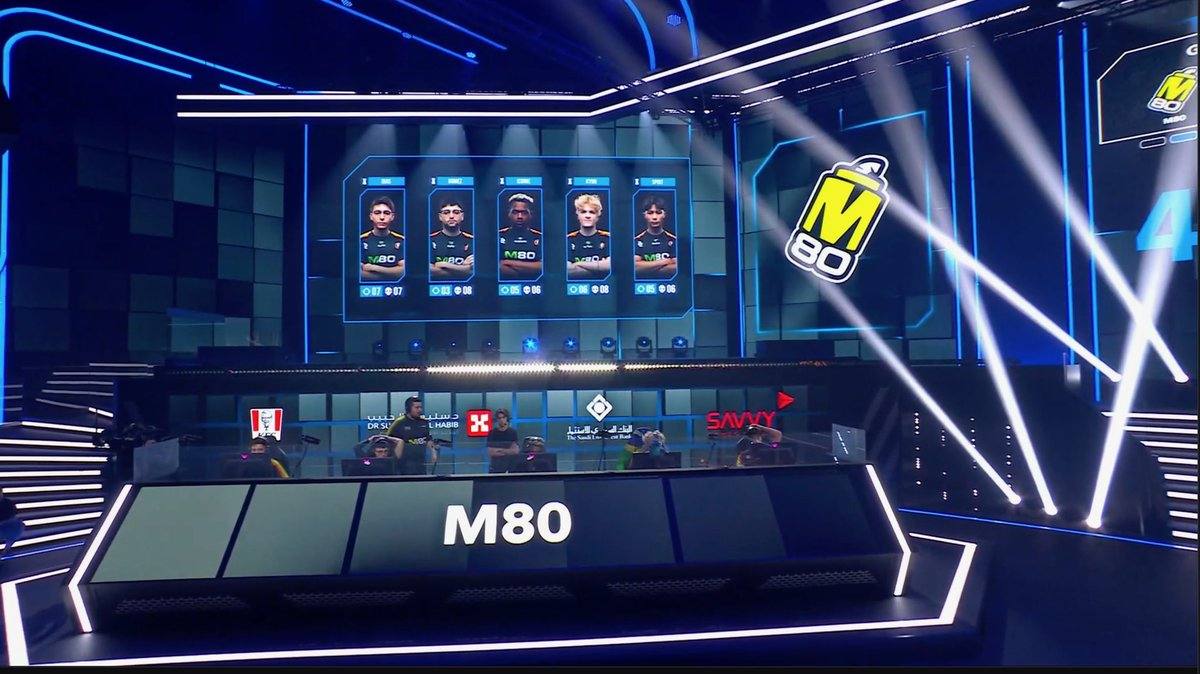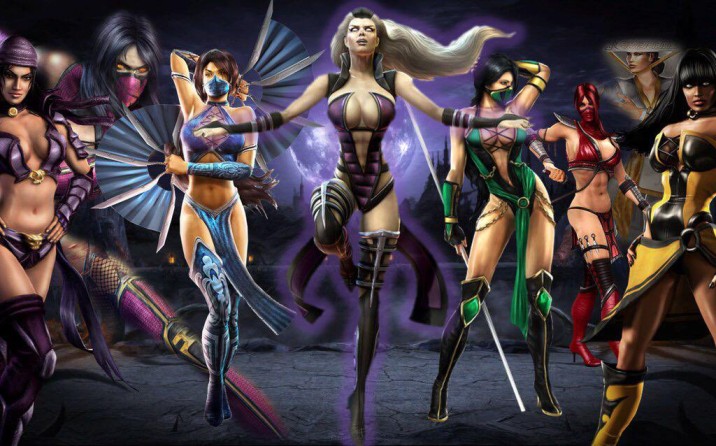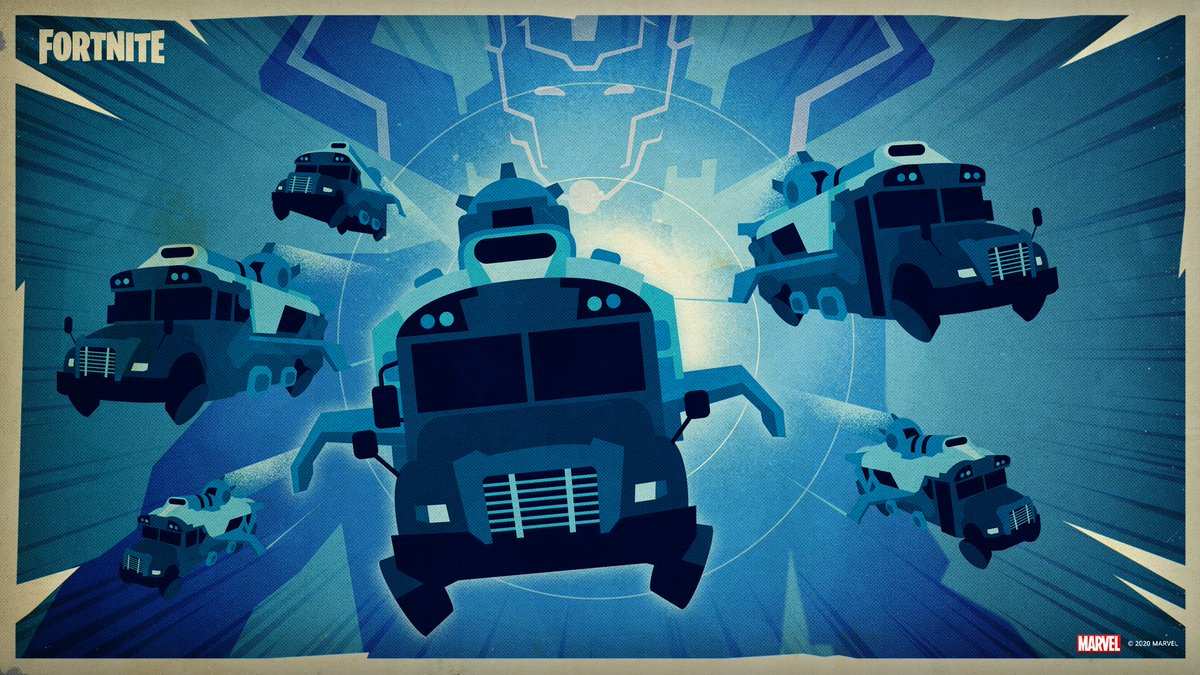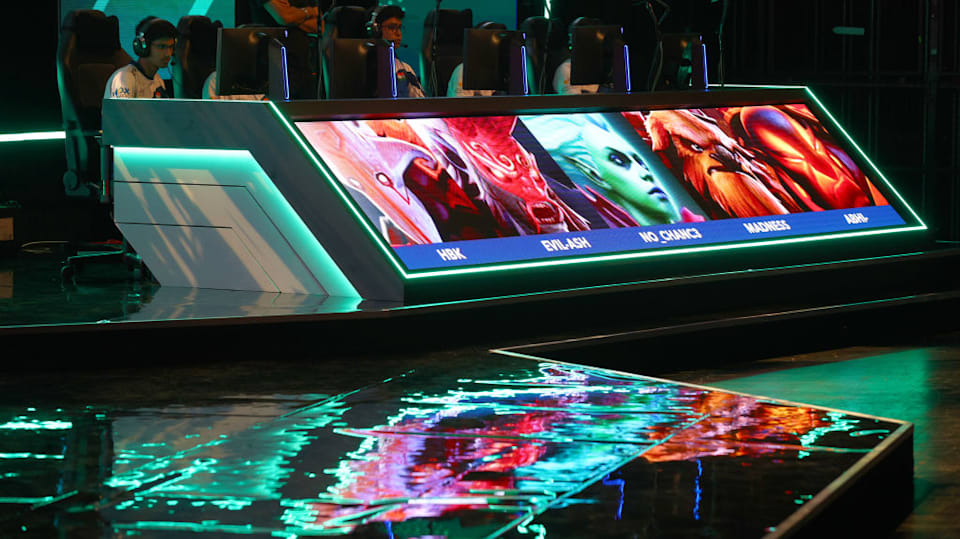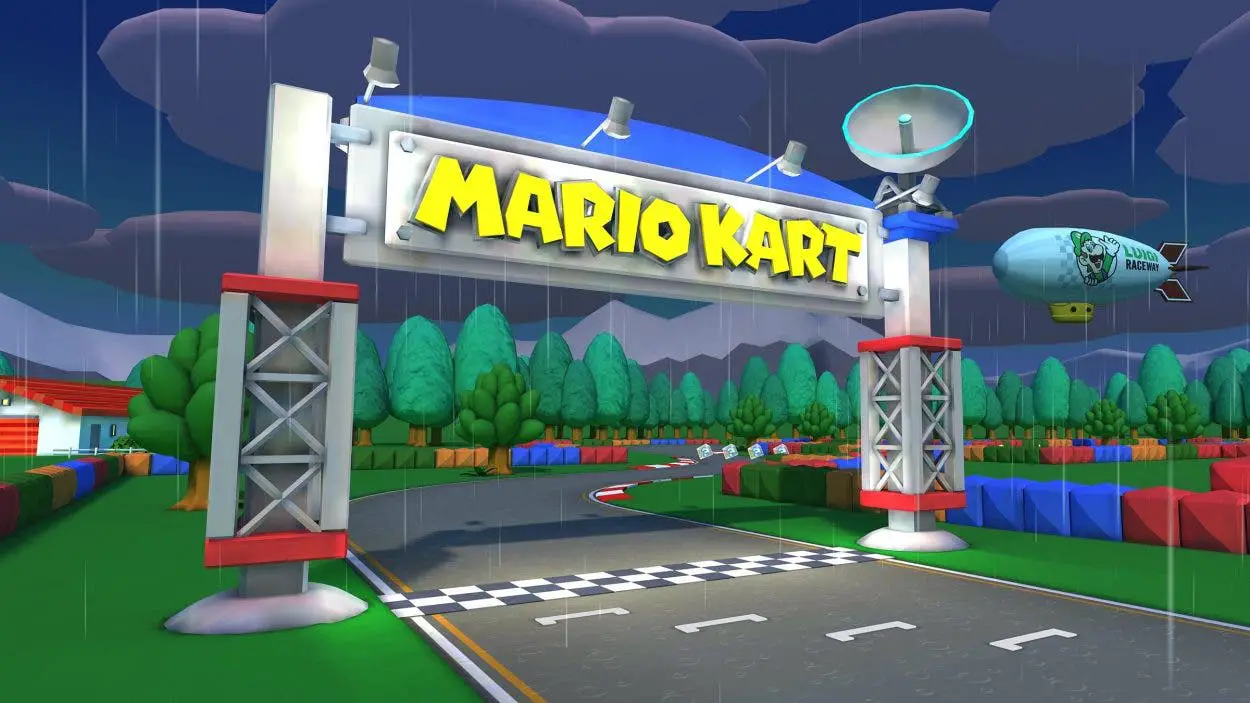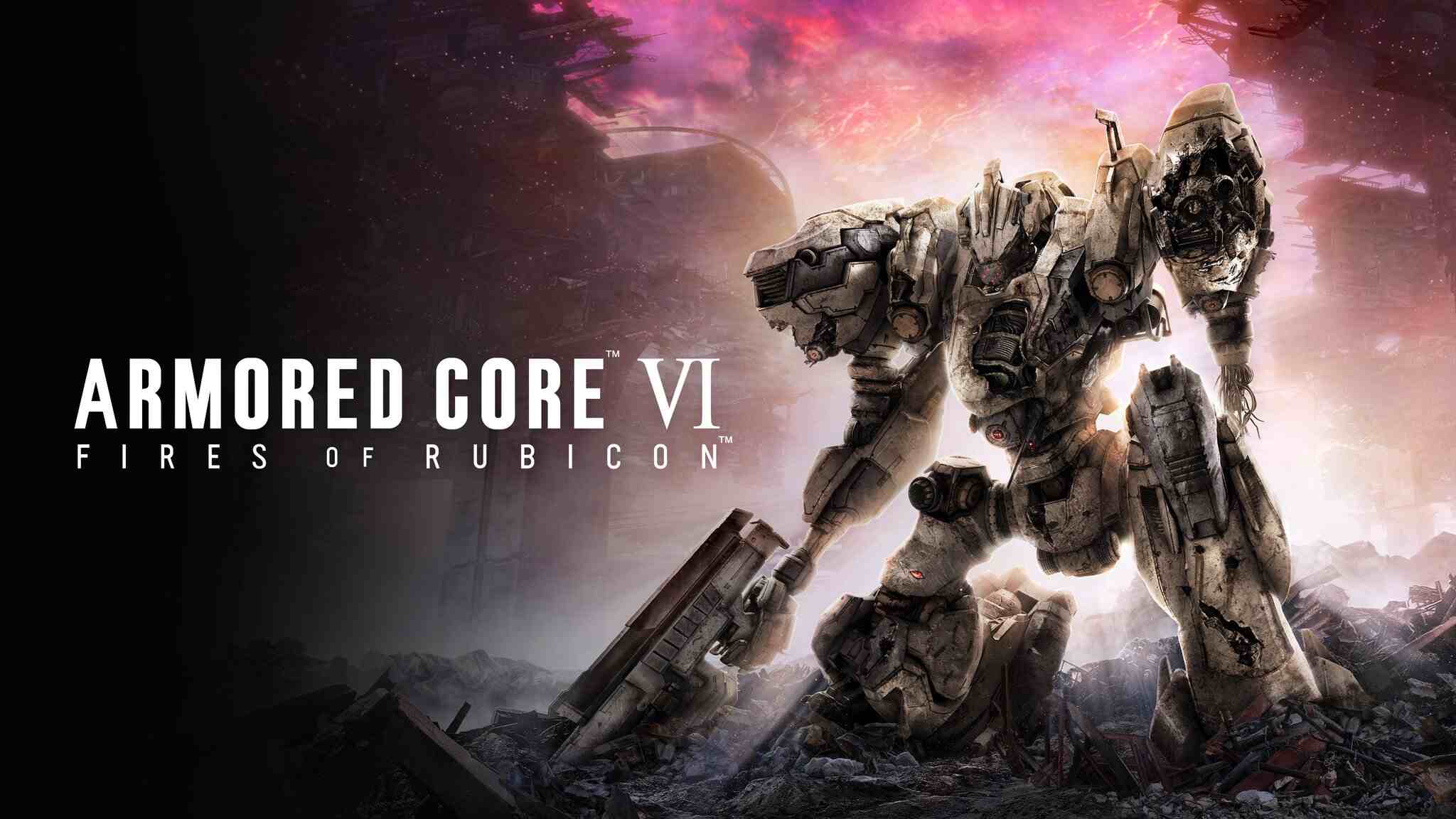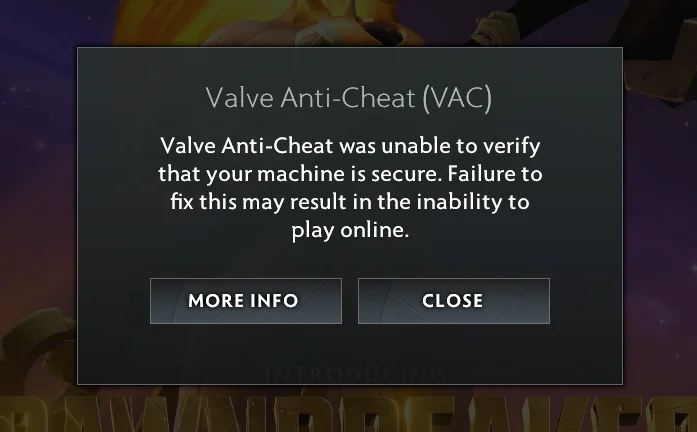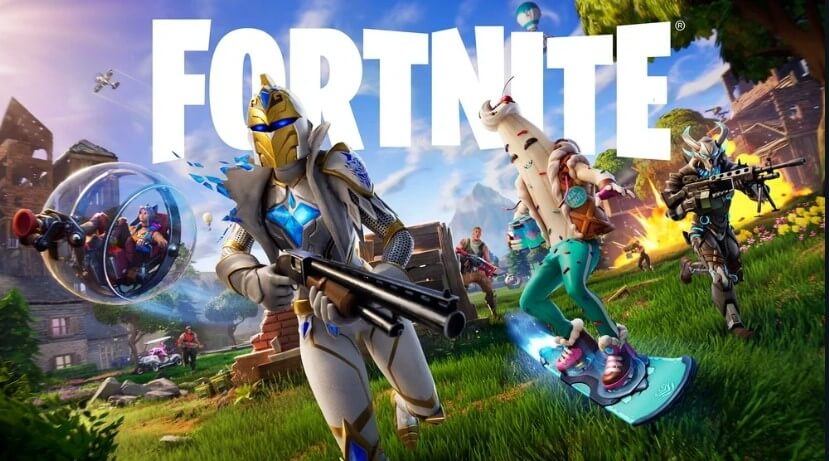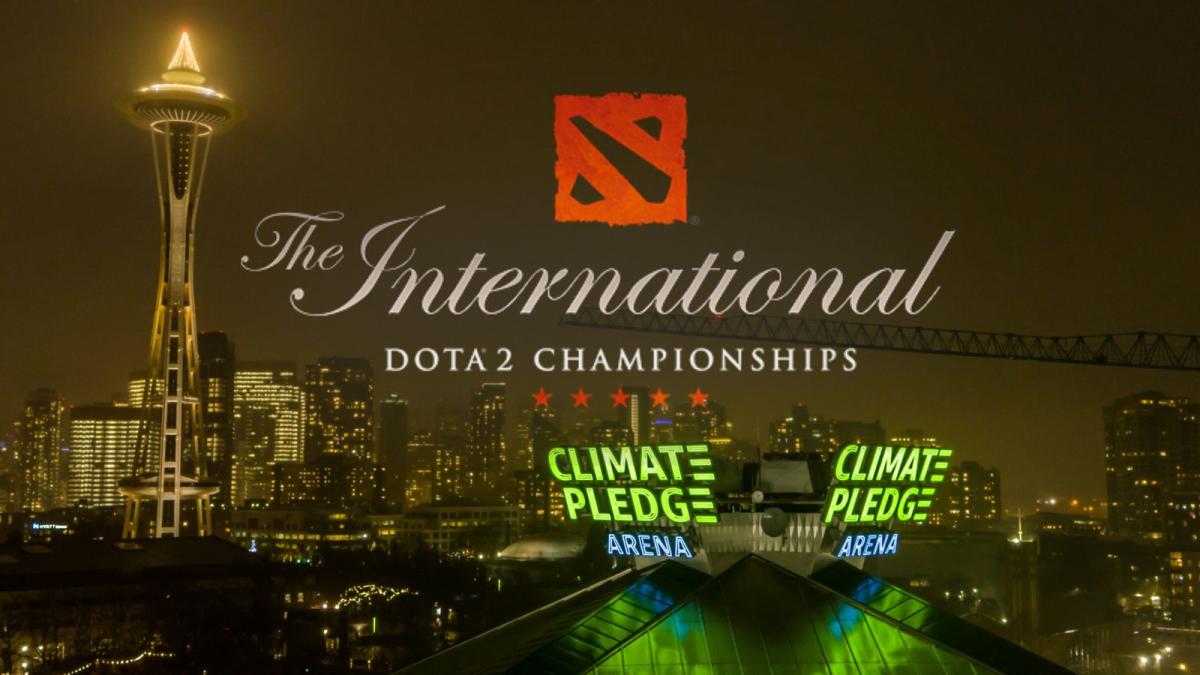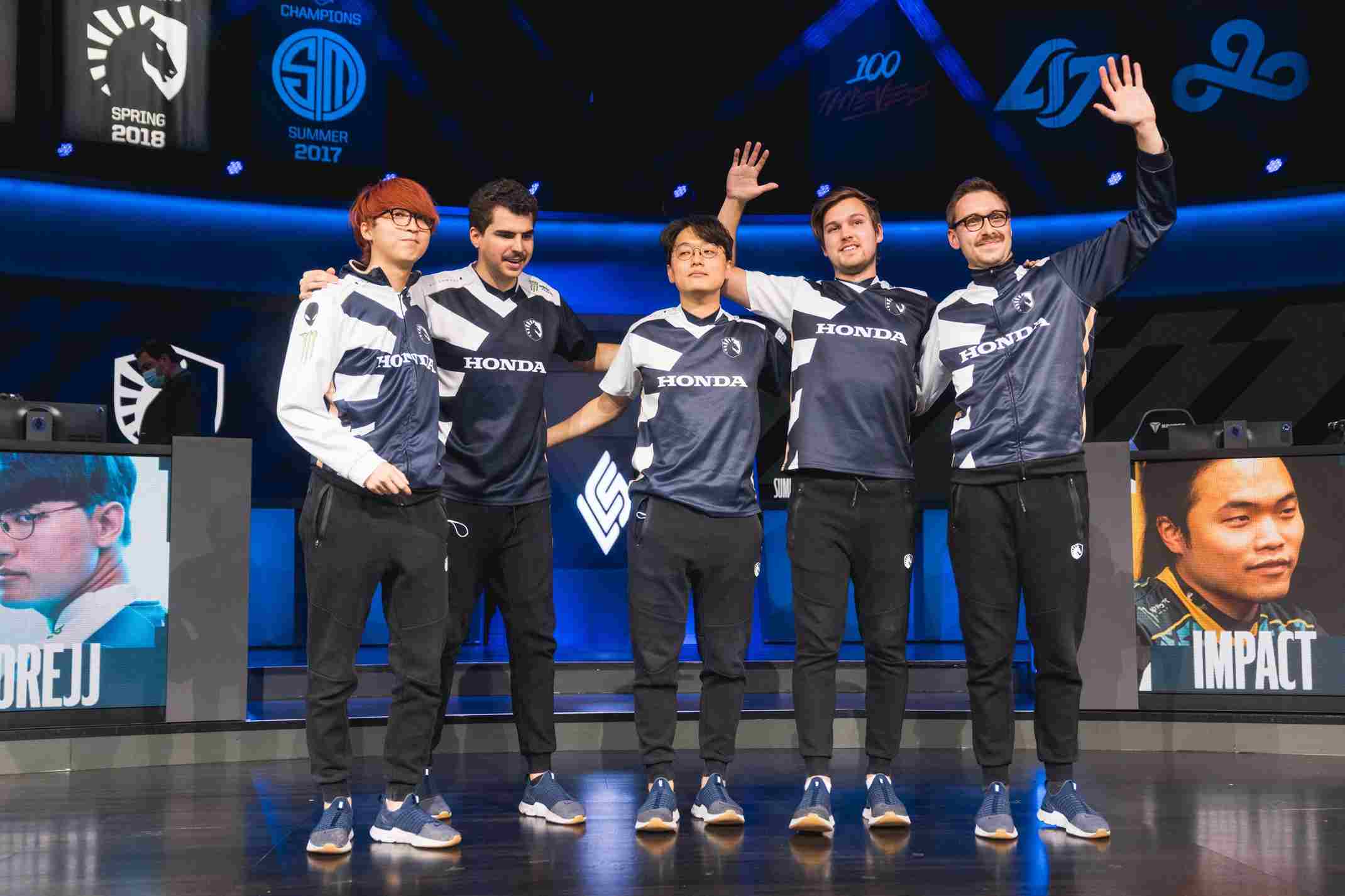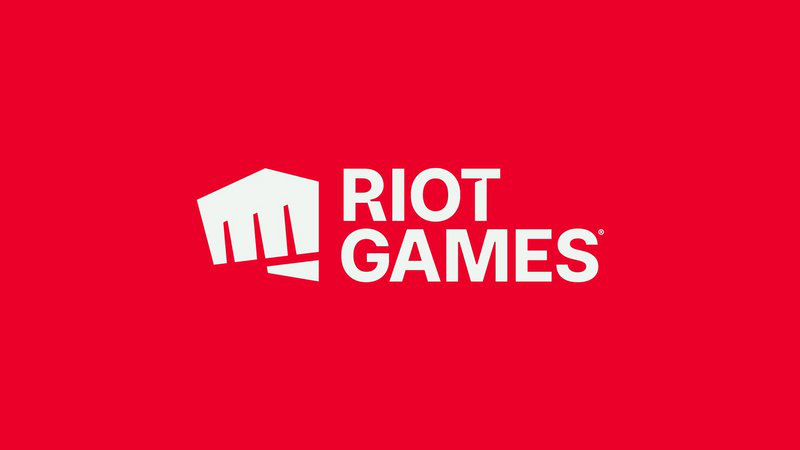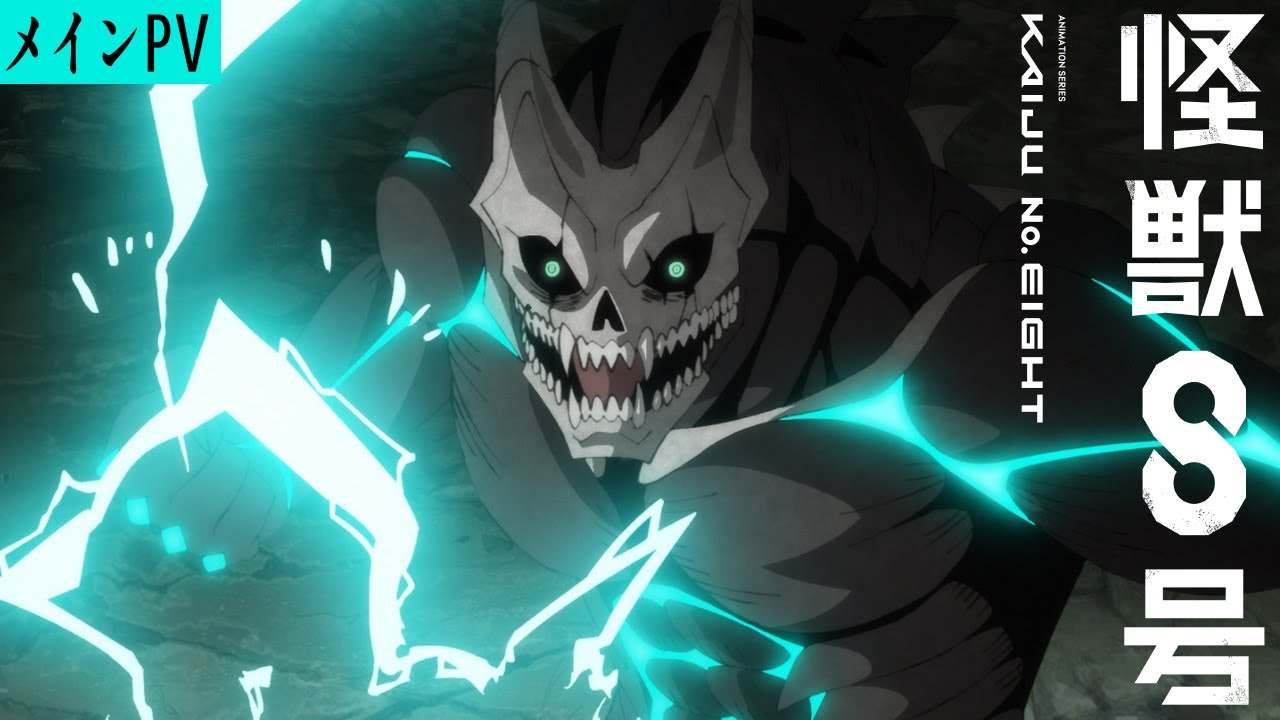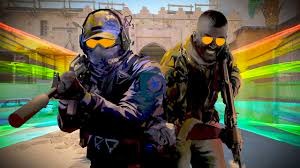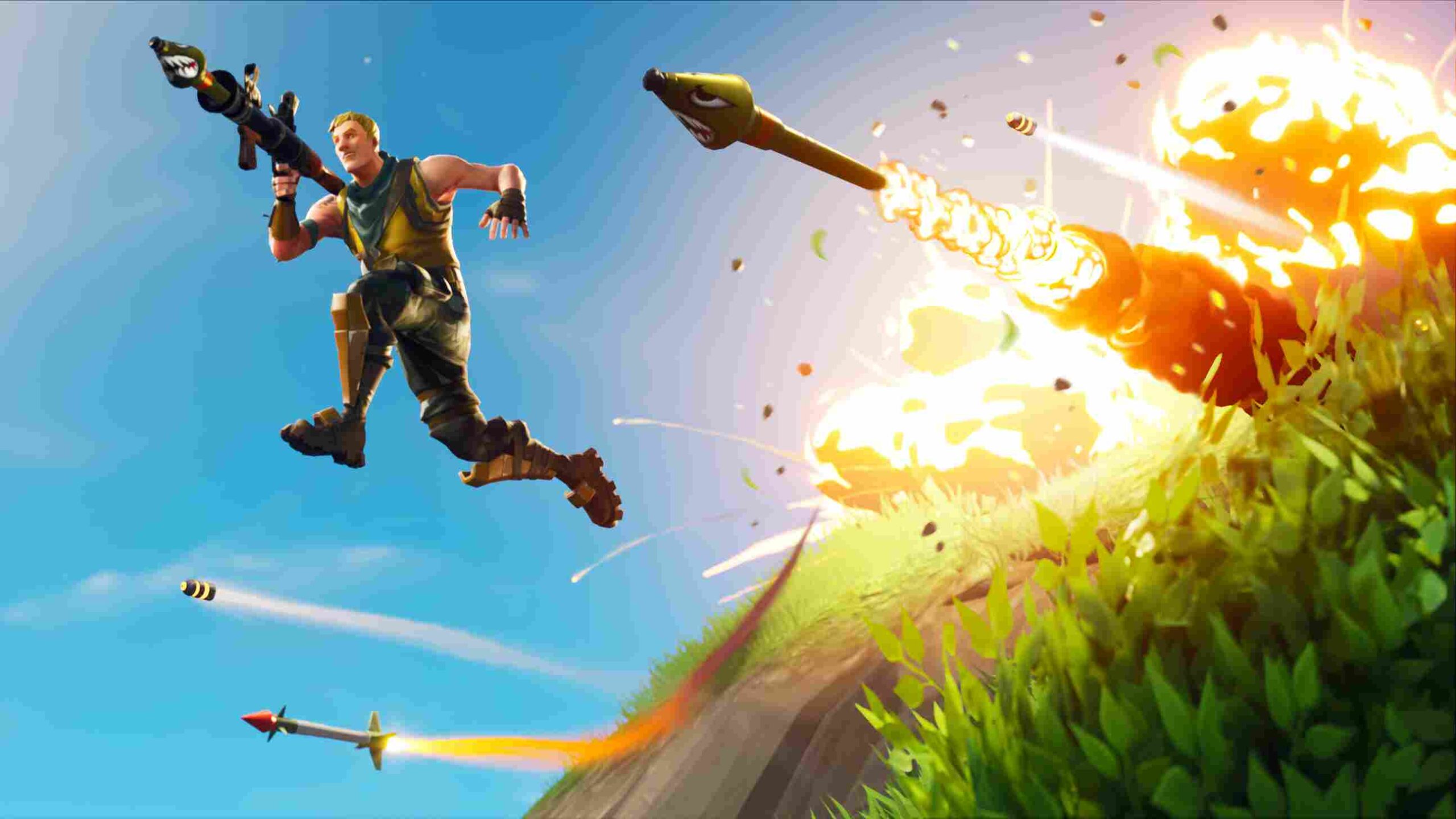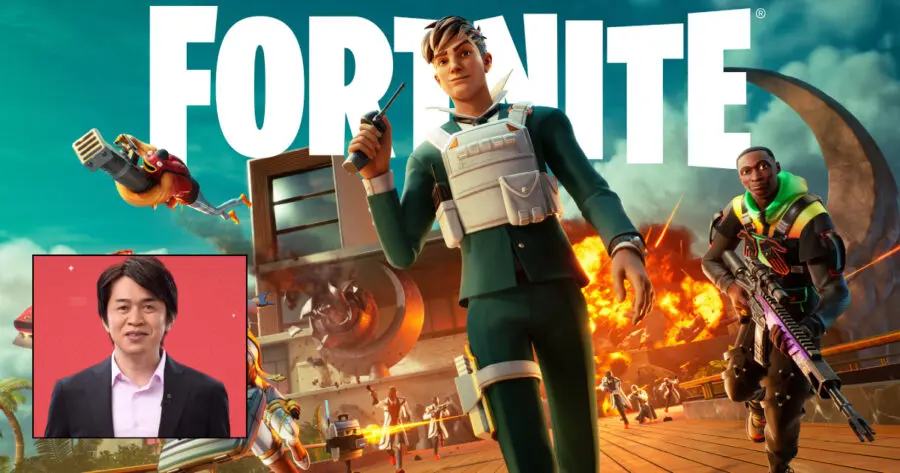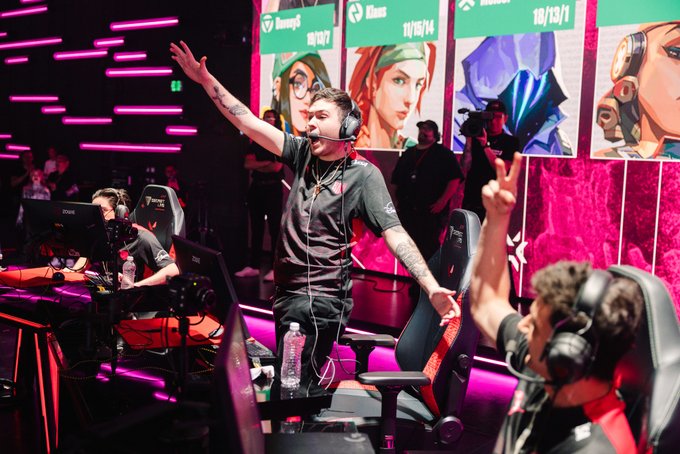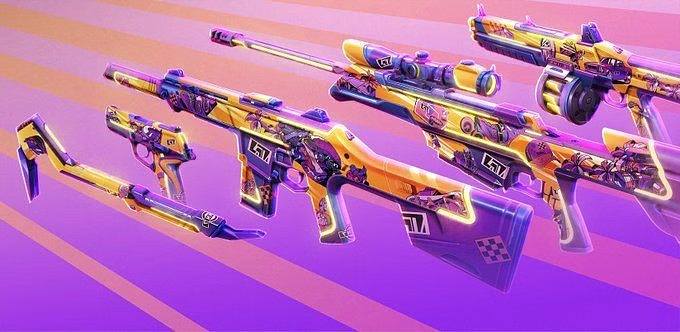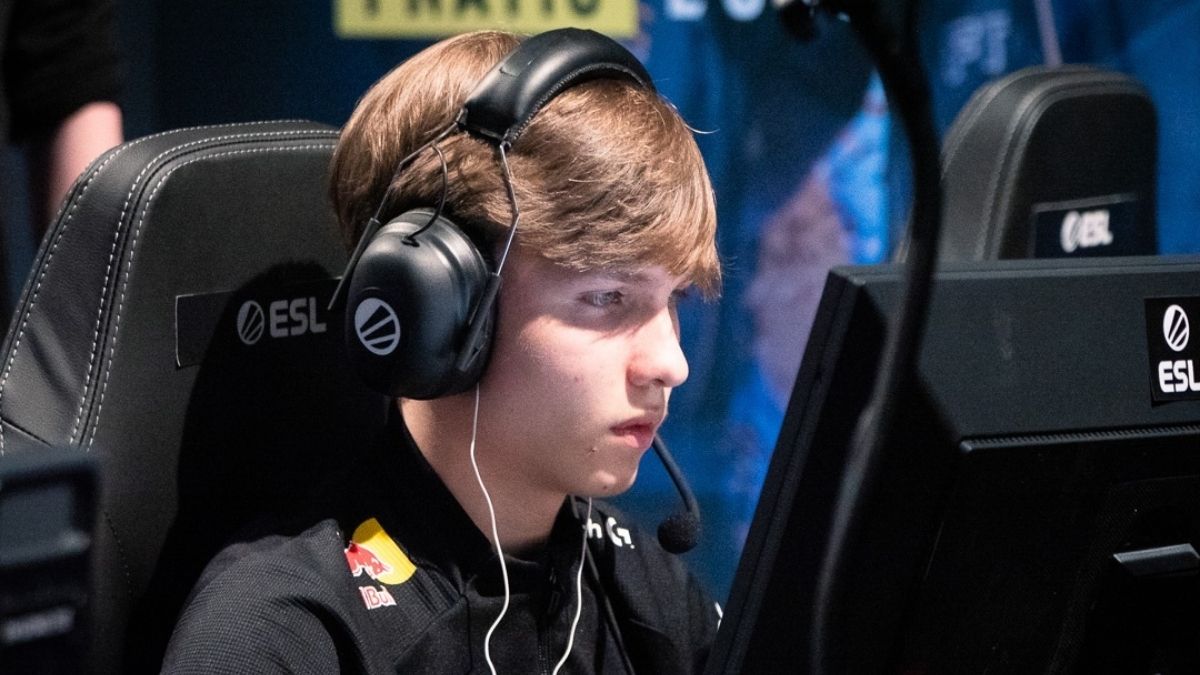FaZe Clan Bought By GameSquare: All You Need To Know
FaZe Clan, or simply FaZe, is an American professional esports and entertainment group based in Los Angeles, California. The organization, which was founded on May 30, 2010, as FaZe Sniping, has players from all over the world who play games such as Call of Duty, Counter-Strike: Global Offensive, PlayerUnknown’s Battlegrounds, Tom Clancy’s Rainbow Six Siege, Halo Infinite, Valorant, Fortnite Battle Royale, Rocket League, and Super Smash Bros. Ultimate. The firm entered the Asian market in 2020, purchasing a Thai PUBG Mobile and FIFA Online roster.
Over the past five years, there have been calls for concern for FaZe Clan, as they continually are on a downward spiral.
Trink, the CEO, addressed his worries and claimed that the organization is striving to solve their situation. According to reports, the group has enough money to continue until November 2023 as of September 2022.
FaZe Clan cut off 20% of their workforce in February 2023. According to Trink, it was due to economic uncertainties; Trink stated that the business will focus on financial discipline. Trink stated that sales growth in 2022 will be 25% higher than in 2021. FaZe Clan, on the other hand, recorded losses of almost $14 million in the first two quarters of 2023, with significantly lower sales. Snoop Dogg left FaZe Clan’s board in April 2023, and on September 11, 2023, FaZe Clan announced the immediate firing of Trink, its CEO. Christoph Pachler, FaZe Clan’s Chief Operating Officer and Chief Financial Officer, was named temporary CEO.
The price of their shares dipped below a dollar for the first time on January 20, 2023, putting them in risk of delisting. The stock’s closing price on February 15, 2023, was $0.76.
So, it was fairly obvious that FaZe Clan were on the lookout for a saving grace and the Esports venture GameSquare headed by the Dallas Cowboys owner Jerry Jones proved to be just that for FaZe.
GameSquare, which is financed by Dallas Cowboys owner Jerry Jones, is slated to purchase the struggling influencer and gamer brand FaZe Clan.
According to a joint statement released by GameSquare and FaZe Clan on Friday, “the combined company will be powered by a progressive end-to-end platform of leading media and agency organizations, gaming and esport teams, creative services, and technology capabilities.”
As of October 20, the transaction had been unanimously authorized by the boards of both firms. It is projected to close in the fourth quarter of 2023, subject to shareholder approval. FaZe and GameSquare have merged into one business, with FaZe shares accounting for around 45 percent of the firm’s ownership. If the transaction closes at the firms’ current combined market capitalization of around $35.7 million, FaZe Clan would be valued at approximately $16 million.
GameSquare, another publicly listed company, is an esports holding company with many business divisions aimed at capturing brands’ attention and marketing expenditures, including Stream Hatchet and Ninja Labs. By acquiring FaZe, GameSquare hopes to strengthen its ties to the competitive gaming community by obtaining one of esports’ oldest and most known pieces of intellectual property.
“The reality is, we’re a micro-cap, and we think we can get a rerating, and this thing could move quickly,” GameSquare CEO (and former FaZe Clan CFO) Justin Kenna explained.
A Chance That Can’t Be Missed
The agreement brings FaZe Clan’s hellish chapter to a close. It all started in May, when the esports organization went public in July 2022, after being valued at $400 million. Chaos occurred from there. The organization was embroiled in numerous accusations of sexism and homophobia over the summer; its share price has plummeted to $0.18, down from a high of $24.69 in August 2022; the company laid off roughly 40% of its staff in May; and former CEO Lee Trink parted ways with FaZe on September 13, among other negative events.
Despite these challenges, FaZe Clan has a significant amount of value in esports. For better or worse, FaZe’s large fanbase — 260 million across social networks, according to statistics provider GEEIQ — is probably one of the most fervent in the industry. With this in mind, it’s easy to see why a shrewd corporation may see Faze’s low share price as an appealing opportunity, despite the associated dangers.
GameSquare was not the only esports business interested in FaZe in 2023. Earlier this year, Sports Business Journal claimed that both GameSquare and the Canadian gaming business Enthusiast Gaming were looking at acquiring FaZe. However, even before that revelation, officials at Enthusiast had soured on the proposed acquisition, seeing FaZe as too esports-focused to fit into Enthusiast’s larger casual gaming portfolio.
Toxicity. Brand security. These are major turn offs for any customer with goals beyond competitive gaming, not just Fanatic. After example, it’s difficult to persuade businesses to sponsor a brand that may have a disruptive impact on its own. However, FaZe’s previous brushes with scandal did not deter GameSquare from agreeing to the contract.
Taking A Leap To The Basics
As part of the deal, FaZe Clan’s creator-founders — some of whom have publicly questioned the organization’s current course — will return to roles of leadership within the corporation. Richard “FaZe Banks” Bengston will become CEO, Thomas “FaZe Temperrr” Oliveira will become president, and Yousef “FaZe Apex” Abdelfattah will become FaZe COO.
Kenna, who was FaZe’s CFO from 2018 to 2020, has also brought on several former FaZe executives, including Duane Jackson, FaZe’s former head of athlete and celebrity relations, and Jaci Hays, a former FaZe COO. In addition to this experienced leadership team, GameSquare has the financial support of Jerry Jones and the Dallas Cowboys, which means it is less reliant on the volatile winds of venture funding than some of its esports competitors.
As touching as this reunion appears to be, there is also a commercial reason behind it. Kenna feels that FaZe’s creator-founders are the proper individuals to guide the brand back into the spotlight — and that they would be unable to do so if FaZe was still publicly listed.
Perhaps a More Well-Adjusted Tomorrow
Despite these encouraging indicators, it remains to be seen if GameSquare — or any other esports firm — is actually ready to save FaZe Clan from their $400 million-dollar death spiral.
Even before the recent esports expenditure cuts, Faze Clan’s edgy brand has made some marketers wary of collaborating, let alone in the present context. Given these ongoing issues, GameSquare will need to solve the issue of acquiring new sponsors if its acquisition of FaZe is to pay off.
This partnership is indubitably a lifeline for one of the most well-known businesses in esports. It is now GameSquare’s obligation to lead the FaZe Clan ship back on course. It’s a daunting task, to be sure, but few esports organizations are more placed to do it.
GameSquare, in addition to its brain trust of former FaZe executives, is a more diverse firm than FaZe Clan, lacking the history of controversy or edgy personality that may have distracted investors from FaZe’s recent industry triumphs. Former workers told Digiday that they thought the firm was carrying out FaZe’s initial ambition for a publicly listed esports company more efficiently.
As part of the agreement, Richard Bengtson will assume the role of CEO of FaZe, an independent GameSquare branch, bringing back some of the company’s founders.
Faze fired former CEO Lee Trink in September. The company’s deficit increased to $168 million in 2022 from $36 million in the previous year.
In the fourth quarter of 2023, the deal is anticipated to finalize, and GameSquare will save approximately $18 million as a result of the acquisition.
